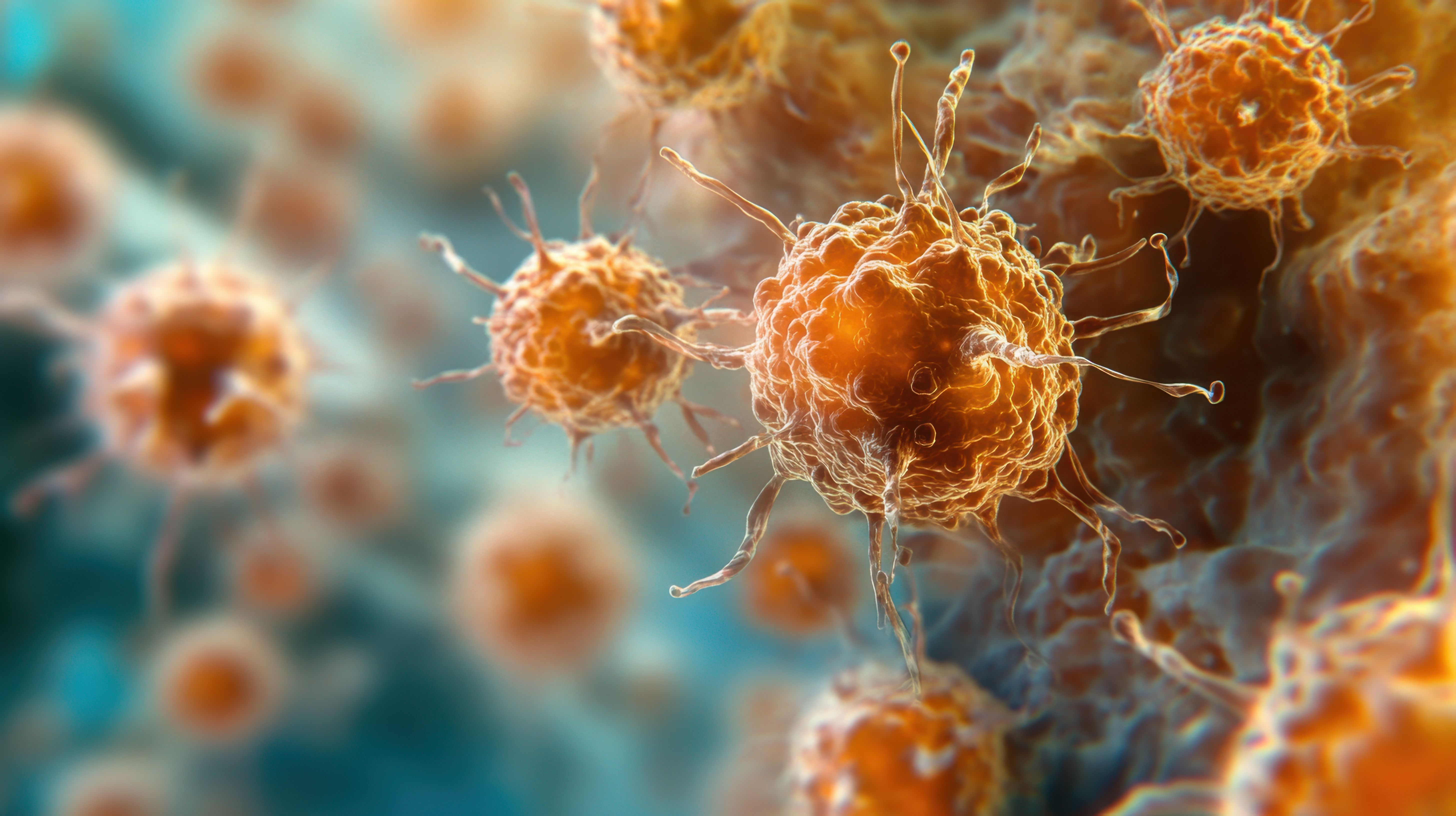Article
Research Explores Precision Therapy in Hepatocellular Carcinoma
Author(s):
The targeted multi-kinase inhibitor sorafenib is the standard of care for advanced HCC, but it has limited therapeutic benefit.
A new report has been released that gives an updated review of the mechanisms and genetic abnormalities that drive carcinogenesis of hepatocellular carcinoma (HCC) and the targeted therapies that were investigated.
Since HCC is considered highly lethal, there is an urgency in trying to find a successful treatment that has an improvement in response and more tolerable toxicities.
HCC forms in the body in several steps, usually starting with chronic inflammation of hepatocytes that turn into invasive carcinoma over a period of time. This multi-step formation is associated with molecular abnormalities and chromosomal alterations.
The activity of growth factors and receptors (aberrant expression) and the signaling pathways are found to play a role in both the development and progression of HCC, which have been used as targets for therapy.
Although the targeted agent multi-kinase inhibitor sorafenib has become the standard form of treatment for advanced HCC, it has limited therapeutic benefit.
So far target agents that work to inhibit the receptor tyrosine kinases, angiogenesis, and immunomodulators have been developed and clinically investigated. However, more research needs to be conducted focusing on utilizing molecular profiles that guide the selection of targeted therapy.
The goal is to continue to work towards a precise treatment for HCC patients.
Newsletter
Stay informed on drug updates, treatment guidelines, and pharmacy practice trends—subscribe to Pharmacy Times for weekly clinical insights.





